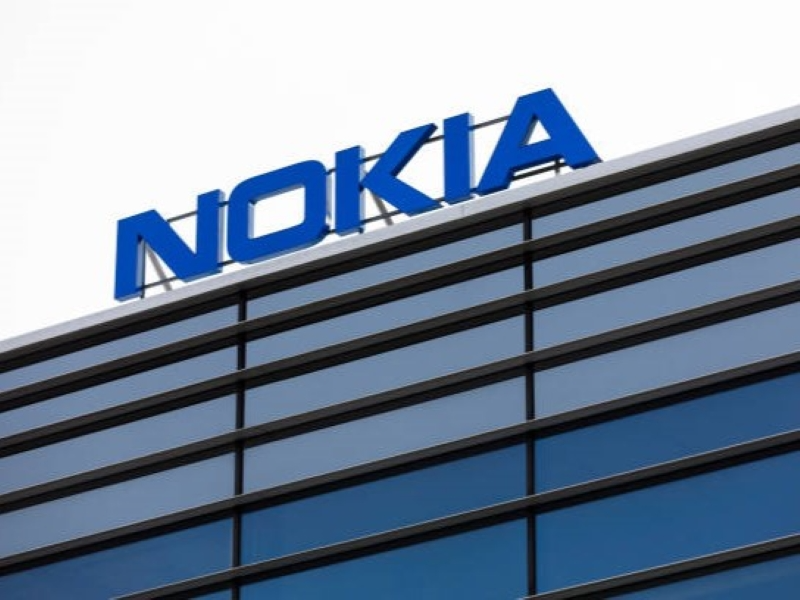- Nokia has acquired the world’s largest API hub and marketplace to enhance its 5G capabilities
- The deal will enable Nokia customers to integrate their networks, control their API usage and work with the platform’s developer community
What happened
Nokia announced on Wednesday, November 13, that it has acquired the world’s largest application programming interface (API) hub and marketplace from the US company Rapid, in a move aimed at boosting its 5G and 4G network revenues.
Finland’s Nokia has been exploring ways to monetize its 5G equipment and diversify its market offerings, hoping to attract investments linked to the rise of artificial intelligence. Nokia stated that, as part of the deal, it will gain the technology and R&D capabilities of the US tech startup, enabling its customers to integrate their networks, control their API usage, and collaborate with the developer community on the platform.
API are strings of code that enable standardized communication, data exchange, and functionality between software components. Their use in advanced 5G networks allows for faster, more secure, and accurate access to data such as user location or connection status. Headquartered in New York, Rapid has become a key player in connecting applications via APIs, making it easier to integrate services across different platforms.
Also read: Nokia collaborates with VNPT to promote the deployment of 5G technology in Vietnam
Also read: Nokia and TIM Brazil team up for 5G expansion
What it’s important
Nokia’s acquisition of Rapid’s API hub is a key move in its strategy to dominate the 5G and digital services markets. By acquiring Asia’s largest API hub, Nokia has not only enhanced its 5G capabilities but also entered the rapidly expanding API market. As more industries undergo digital transformation, this market is expected to grow exponentially.
This development signals a broader trend in the telecom industry, where companies are integrating hardware and software expertise to stay competitive. For example, Ericsson‘s investments in AI and automation to optimize network management echo Nokia’s shift toward software solutions. Additionally, smaller companies like Postman, which initially started as an API development tool company, have now become key players in helping businesses scale their API infrastructure.
From a broader perspective, this trend highlights the increasing importance of software in the telecom industry. Traditional hardware companies are increasingly being forced to integrate cloud, AI, and API-driven services to meet evolving demands.

